The deadline of 1 October 2023 for hosts to apply for a licence to operate a short-term let in Scotland is fast approaching
The deadline of 1 October 2023 for hosts to apply for a licence to operate a short-term let in Scotland is fast approaching
A licensing scheme for short-term lets is in place in Scotland, to “ensure consistent safety standards while reinforcing the positive reputation of Scottish tourism and hospitality.”
The deadline for existing hosts to apply for a licence was extended to 1 October 2023 – although any new hosts wishing to accept guests will need to have a licence already in place.
When will hosts need to obtain a licence for short-term lets?
From 1 October 2022, local authorities need to have a licensing scheme in place for short-term lets, including Airbnb. Hosts operating before 1 October 2022 will need to apply for a licence on each property that they manage as a short let by 1 October 2023.
New hosts will need a licence before they can accept bookings or welcome paying guests. By 1 July 2024, all short-term lets in Scotland will need to have a licence.
What is a short-term let property?
What is a short-term let property?
A property is considered a short-term let if one of its rooms or the whole property is rented out for a short period – for holiday or business purposes, for example.
What type of guest is excluded from the new licensing requirements?
What type of guest is excluded from the new licensing requirements?
If a property’s guest meets the below criteria, the accommodation will be exempt from the short-term let licensing rules:
- The guest lives in the property as their main home
- They’re a member of the host’s immediate family
- They use the property to undertake work or services for the host
- They share the property as “part of an educational arrangement”
How can hosts apply for a licence?
How can hosts apply for a licence?
Hosts will need to apply for a licence with their local council – and each of their properties may need a separate licence.
Local councils will take up to 12 months to process an application for existing hosts, and
up to 9 months for new hosts. Each local council can then decide how long the licence will last – which could be for up to 3 years from the date of issue.
What types of licence can hosts apply for?
What types of licence can hosts apply for?
What types of licence can hosts apply for?
There are four types of licence available, based on how the host chooses to rent out the property:
- Home sharing: For renting out all or part of a home while the host is living there
- Home letting: Letting out all or part of the hosts home, while the host isn’t there
- Secondary letting: Letting a property which is not normally lived in – a second home or holiday let, for example
- Home letting and home sharing: For if the host lets out their home while they’re living there as well as when they aren’t
What types of licence can hosts apply for?
What types of licence can hosts apply for?
What types of licence can hosts apply for?
For a short-let property to obtain a licence, it will need to meet certain criteria, including:
- Meet the Repairing Standard for houses and flats, including the Tolerable Standard
- Hold – and show in any advertising – a valid EPC from within the last 10 years – for whole homes rented out
- Ensure an electrical safety check is carried out every five years
- Meet certain fire safety criteria, including heat and smoke alarms, records that the furnishings meet the Furniture and Furnishings (Fire Safety) Regulations 1988
- Carry out a fire and legionella risk assessment
- Obtain an up to date Gas Safety Certificate and a Portable Appliance Testing Report
- Set up buildings and public liability insurance
The hosts will also be obligated to display some of this certification, ensure the number of guests they welcome matches the maximum number allowed in the licence, and adhere to any extra conditions that the local authority may set.
